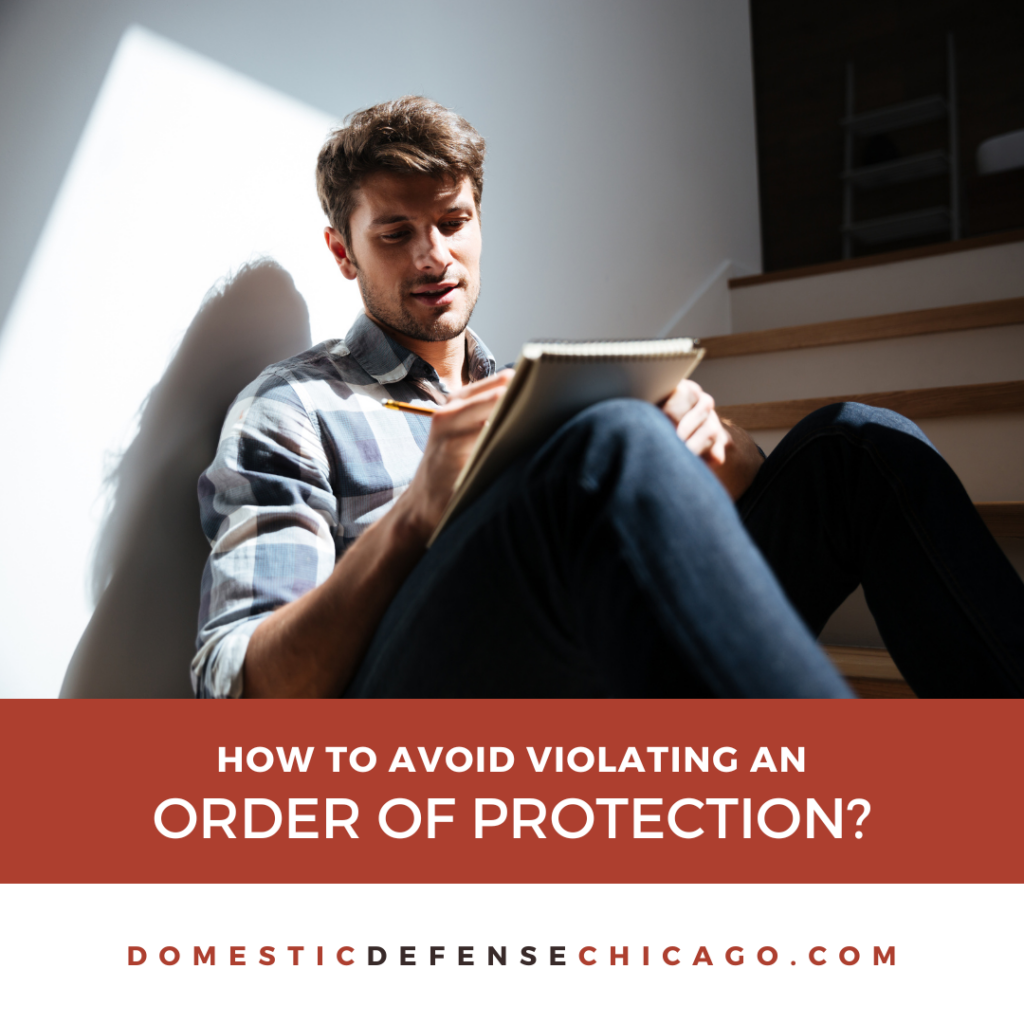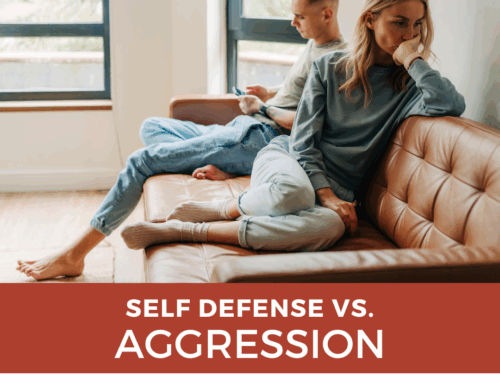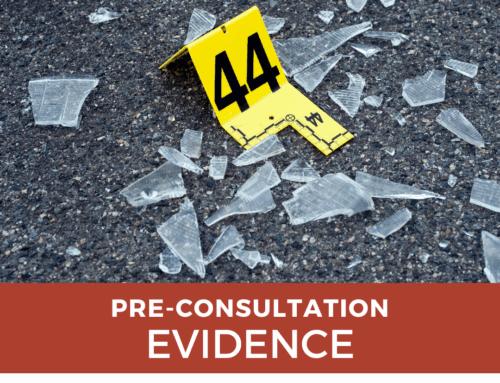An order of protection is a serious legal document designed to protect individuals from harm or harassment. If you’re the subject of such an order, it’s essential to understand its terms and comply fully to avoid severe legal consequences. Violating an order of protection can result in additional charges, fines, or jail time. This guide explains how to navigate the restrictions and maintain compliance while protecting your rights.
How to Avoid Violating an Order of Protection
This guide explains the following:
- Understanding the terms of an order of protection
- The importance of avoiding direct or indirect contact
- Managing shared spaces or responsibilities
- Seeking modifications through legal channels
- How a domestic battery defense lawyer can help
Here’s a closer look at each.
Understanding the Terms of an Order of Protection
The first step in avoiding violations is understanding the specific terms outlined in the order of protection. These terms vary by case but may include provisions such as:
- No-contact requirements, which prohibit direct or indirect communication with the protected party
- Distance restrictions, requiring you to stay a specified distance away from the protected person’s home, workplace, or other locations
- Temporary removal from shared residences or restrictions on access to children
Carefully review the order with your attorney to ensure you understand every condition. Ignorance of the terms is not a valid defense if a violation occurs. If any part of the order is unclear, seek clarification from your lawyer immediately.
The Importance of Avoiding Direct or Indirect Contact
One of the most common violations of an order of protection involves contact with the protected person. Direct contact includes phone calls, texts, emails, or in-person interactions. Indirect contact, such as sending messages through friends or family members, is also prohibited and can lead to additional charges.
Even seemingly harmless actions, such as liking a social media post or sending a gift, can be interpreted as indirect contact. To avoid any potential misunderstandings, refrain from all forms of communication and monitor your actions carefully. Inform your attorney if the protected party initiates contact, and do not respond without legal guidance.
Managing Shared Spaces or Responsibilities
If you share children, property, or other responsibilities with the protected person, navigating these situations can be challenging. Courts often include specific instructions in the order to address these issues, such as arranging custody exchanges through a neutral third party or limiting interactions to supervised settings.
Follow these instructions closely and avoid any actions that could be perceived as confrontational. Your attorney can help you develop strategies for managing shared responsibilities while staying compliant with the order.
Seeking Modifications Through Legal Channels
If the terms of the order create significant challenges, such as preventing you from accessing your home or seeing your children, you may be able to seek a modification. Courts allow individuals to request changes to an order of protection under certain circumstances, such as new evidence or changes in living arrangements.
Your attorney can file a motion on your behalf and present your case to the court. Do not attempt to negotiate modifications directly with the protected person, as this can result in further legal complications.
How a Domestic Battery Defense Lawyer Can Help
Navigating the complexities of an order of protection is much easier with the assistance of a domestic battery defense lawyer. Your lawyer will:
- Review the terms of the order and explain your rights and obligations
- Advise you on how to avoid accidental violations
- Represent you in court if modifications are necessary
- Defend you against any allegations of non-compliance
Having a knowledgeable attorney ensures you stay compliant while protecting your legal interests and working toward resolving the underlying issues.
Complying with an order of protection is critical to avoiding additional legal troubles and maintaining your defense. By understanding the terms, avoiding prohibited actions, and working closely with your attorney, you can navigate this challenging situation while protecting your rights and future.
Do You Need to Talk to an Attorney About Domestic Battery Defense?
If you need to talk to a domestic battery defense attorney in Illinois, we’re here to help. Call us at 847-920-4540 now – we’ll be happy to give you a free consultation and talk to you about your options.







Leave A Comment
You must be logged in to post a comment.